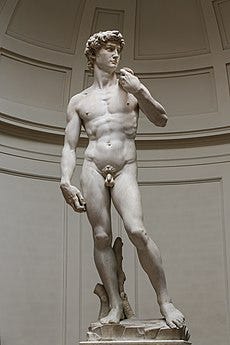Tip-Off #150 - Big is better
"We deceive ourselves when we fancy that only weakness needs support. Strength needs it far more." - Sophie Swetchine.
Keep reading with a 7-day free trial
Subscribe to 2 + 2 = 5 to keep reading this post and get 7 days of free access to the full post archives.



